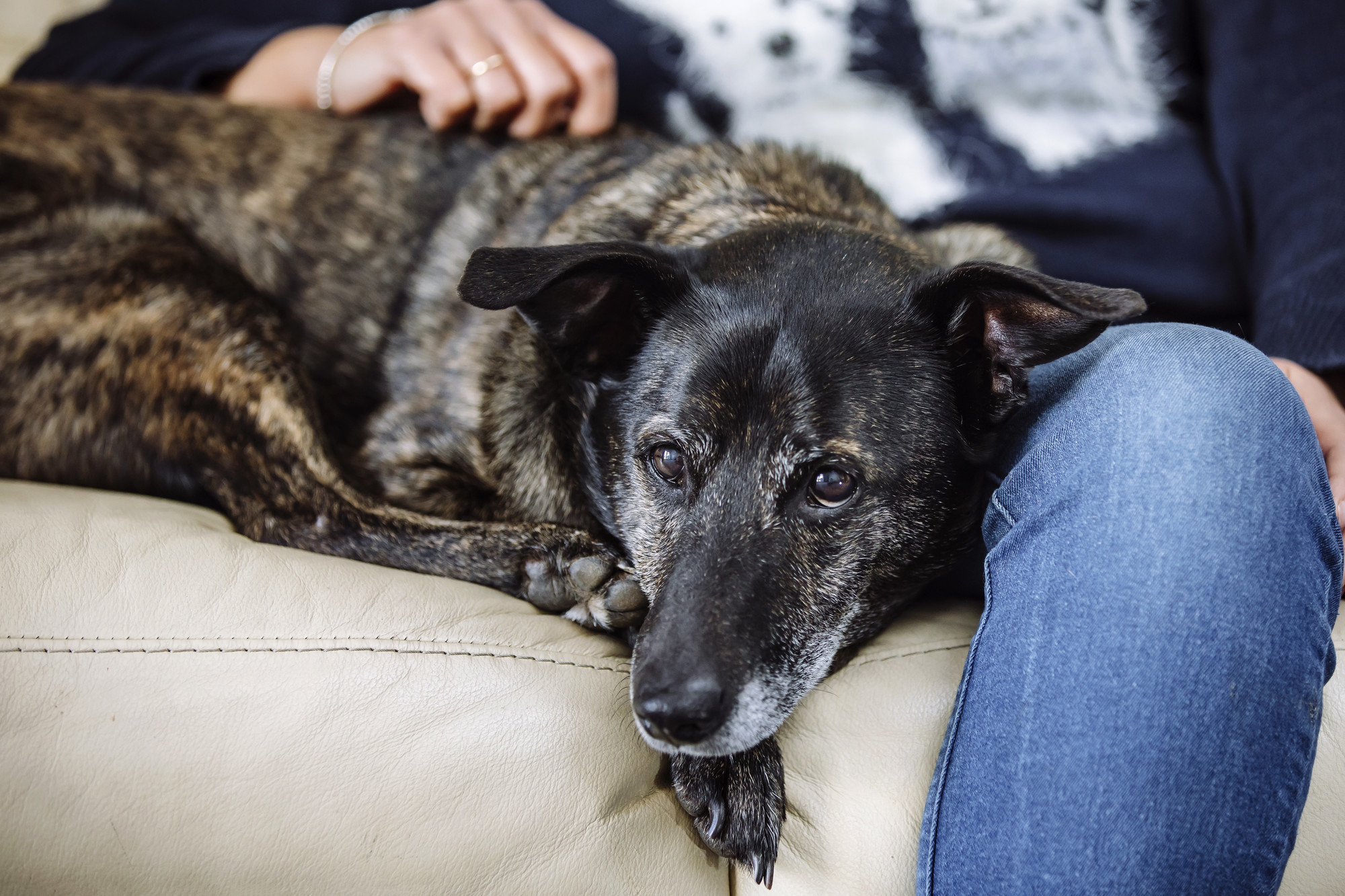
Gastroenteritis in dogs
Gastroenteritis is a term used to describe the inflammation of the stomach/intestines and it usually causes vomiting and diarrhoea.
When there is blood in your dog’s sick or poop, this can be a more aggressive form of the condition known as haemorrhagic gastroenteritis. This needs urgent treatment from your vet.
What is the cause of gastroenteritis?
While the main cause of gastroenteritis is mostly unknown and can vary, there are some reasons that your dog could be suffering from this:
- eating unusual or spoiled food
- toxins
- viruses/bacteria (such as parvovirus)
- underlying health problems such as liver or kidney disease (more likely in older pets)
What are the symptoms of gastroenteritis?
Your dog will usually have some or all of the following symptoms:
- vomiting
- diarrhoea
- painful tummy
- loss of appetite
It is important that if your dog displays any of the above symptoms rapidly that you seek vet attention as soon as possible. In severe and rare cases, gastroenteritis can lead to death, with young dogs being particularly at risk.
Diagnosing gastroenteritis in dogs
If you think your dog has gastroenteritis, you will need to take them to the vet as soon as possible.
Your vet will most likely carry out a full examination of your dog and ask you about their last few days to try and determine whether they have eaten anything unusual or if they have been acting differently.
If your vet suspects haemorrhagic gastroenteritis they may carry out further tests such as X-rays or blood tests to search for any foreign bodies or disease.
Treating gastroenteritis
Treatment will vary depending on the cause. Your vet will usually prescribe medication to stop the vomiting/diarrhoea, followed by a strict bland diet to allow your pup’s stomach to return to normal.
A more serious bout of gastroenteritis, such as haemorrhagic gastroenteritis, may be treated with an intravenous drip to rehydrate your dog. Your dog may also be placed into isolation to stop it from spreading to other dogs.
Most cases of gastroenteritis can be cured within a few days, but it is essential to keep an eye on your dog’s progress throughout this time. If your dog doesn’t appear to improve or gets worse, you should contact your vet immediately.
How can you help to prevent gastroenteritis?
As gastroenteritis can be caused by many different things it’s hard to totally prevent, but there are ways in which you can help to reduce the risk.
- Discourage your dog from scavenging (if your dog persistently eats things they shouldn’t when out and about, consider training them with a muzzle to stop this)
- If you are planning on switching your dog’s diet, do so by slowly introducing the new food bit by bit to give your dog time to adjust
- Ensure your dog is up to date on their vaccinations to prevent them from serious diseases such as parvovirus, which affects your dog’s gastrointestinal tract
- Make sure that your dog is up to date on their worming medication




